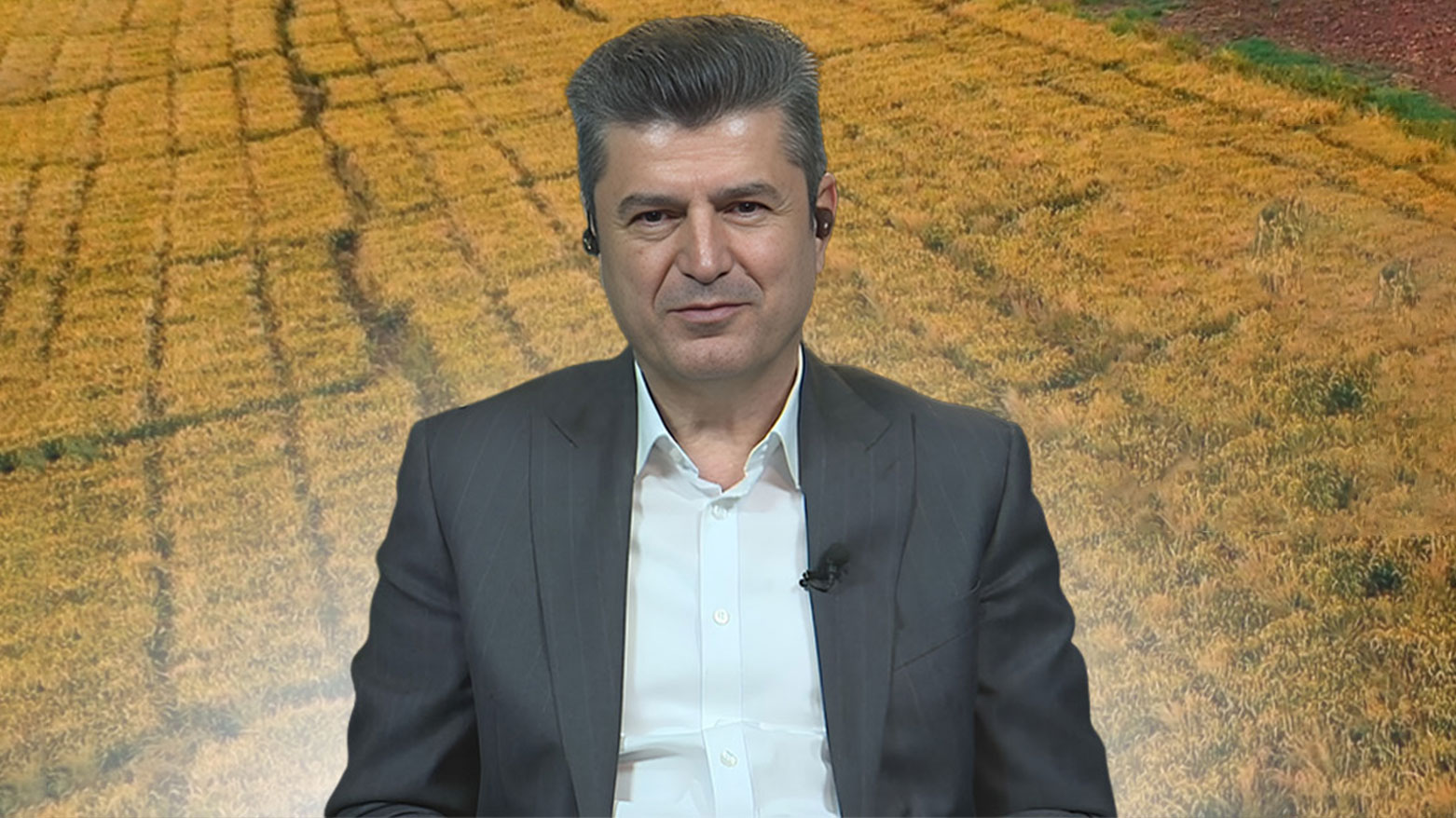Duhok Governor: “Duhok is the Most Prosperous Province in Iraq”
Duhok Governor Ali Tatar credits the KRG's ninth cabinet with unprecedented development, highlighting major projects in infrastructure, health, and tourism. He also stated the province leads Iraq in agriculture and has expanded green spaces and urban services.

ERBIL (Kurdistan24) – Duhok Governor Ali Tatar affirmed on Wednesday that the province has witnessed remarkable development across all sectors during the current ninth cabinet of the Kurdistan Regional Government (KRG), emphasizing that Duhok today stands as “the most prosperous province in Iraq.”
Speaking in an exclusive interview with Kurdistan24’s “Basi Roj” program, hosted by Zhino Mohammed, Tatar highlighted the extensive range of infrastructure, health, and tourism projects completed in recent years, particularly in the Badinan region, which he described as having undergone “unprecedented progress.”
“During the ninth cabinet, numerous projects have been implemented across all sectors within Duhok’s administrative borders,” Tatar told Kurdistan24. “These initiatives have provided substantial facilities and services for citizens. In Amedi district alone, projects worth 96 billion Iraqi dinars have been executed.”
The governor outlined several key projects launched under the ninth cabinet, including the Gopal–Rovia road, the Amedi Water Project, the Emergency Hospital in central Duhok, new specialized hospitals, and the Shirpenja medical treatment center located along the Duhok–Erbil highway.
Additionally, the Lalish Road Project, completion of Akre University and Akre Water Project, and the construction of multiple bridges and service facilities stand as major strategic achievements in Duhok’s development portfolio.
Governor Tatar emphasized that Duhok leads Iraq in agricultural productivity and land fertility, noting that the government has placed exceptional importance on revitalizing the agricultural sector.
“In terms of cultivation and fertility, Duhok ranks first across Iraq,” he said. “Over the past few years, agriculture has received unprecedented attention and investment — something never seen before in the modern history of Iraq or the Kurdistan Region.”
He added that under the ninth cabinet, the tourism sector in Badinan has also seen significant expansion, with record numbers of domestic and international visitors arriving each year. “We have encouraged investors to implement more tourism projects, particularly in Gara Mountain, which attracts thousands of tourists every winter season,” Tatar said.
Parallel to these efforts, the Duhok Municipality has advanced an ambitious urban greening initiative, aiming to raise the city’s greenery rate to 20%. According to municipal spokesperson Sherwan Hassan, eight new parks are currently under construction—five in the eastern neighborhoods and three in the west—alongside a major 11,000-square-meter park.
Large-scale projects such as Aloka Park, spanning 1.57 million square meters, and reforestation campaigns around Mount Zawa and Mount Spi are transforming Duhok into one of the most environmentally progressive cities in Iraq.
The municipality has also introduced youth-led artistic projects, renovated sidewalks, installed new lighting systems, and added accessibility features for people with disabilities, creating a model of urban renewal aligned with international sustainability standards.
Yesterday, Prime Minister Masrour Barzani inaugurated several key projects in Amedi district, including the Shorsh-Hetid General Hospital in Deralok and the Bard-Hejeri Hotel in Sarsink, and the newly renovated Beri-Hajeri Hotel, in the town of Sarsank near the Amadi district border. The hotel, covering an area of 15,000 square meters, offers accommodations for approximately 150 guests. Originally established in 1946 and officially opened to tourists in 1951, the hotel has long been a landmark destination for visitors to the region.
Governor Tatar recalled that Prime Minister Masrour Barzani, during his visit to Duhok in 2020, urged local authorities to adopt a “fair and balanced approach” in serving all areas, including remote villages.
“We have followed the Prime Minister’s guidance,” Tatar said. “Even the smallest and most remote villages now receive services that were once thought impossible. Roads, water networks, and electricity lines have reached communities that were long neglected.”
“Duhok is a symbol of peace and coexistence. The Kurdistan Democratic Party has been the guarantor of this stability, and our cadres serve not only Duhok but all of Kurdistan,” he said.
The governor concluded by emphasizing that the ninth KRG cabinet has brought a new phase of development, prosperity, and confidence to Duhok, turning it into “a living example of stability, growth, and good governance in the Kurdistan Region and Iraq.”